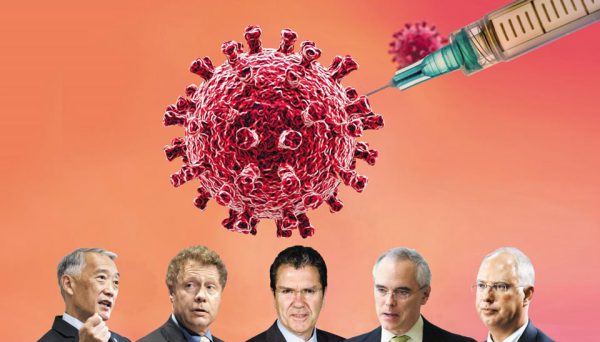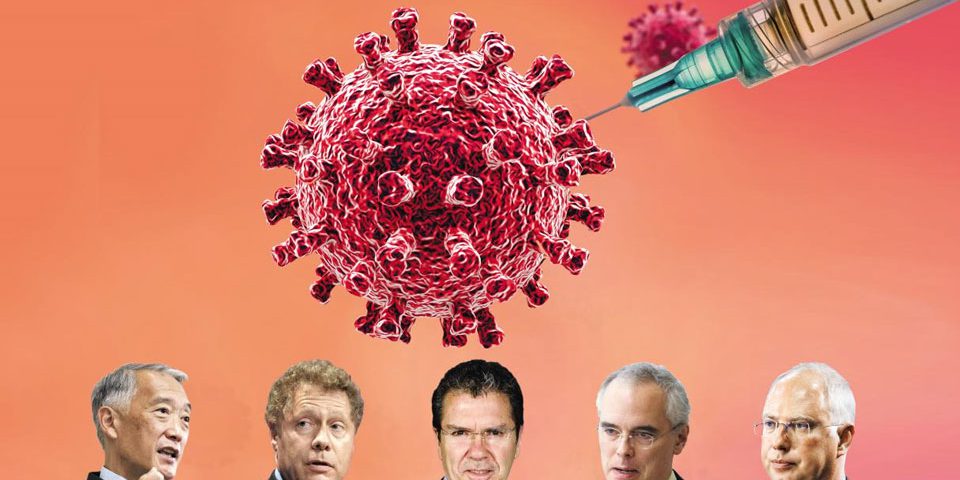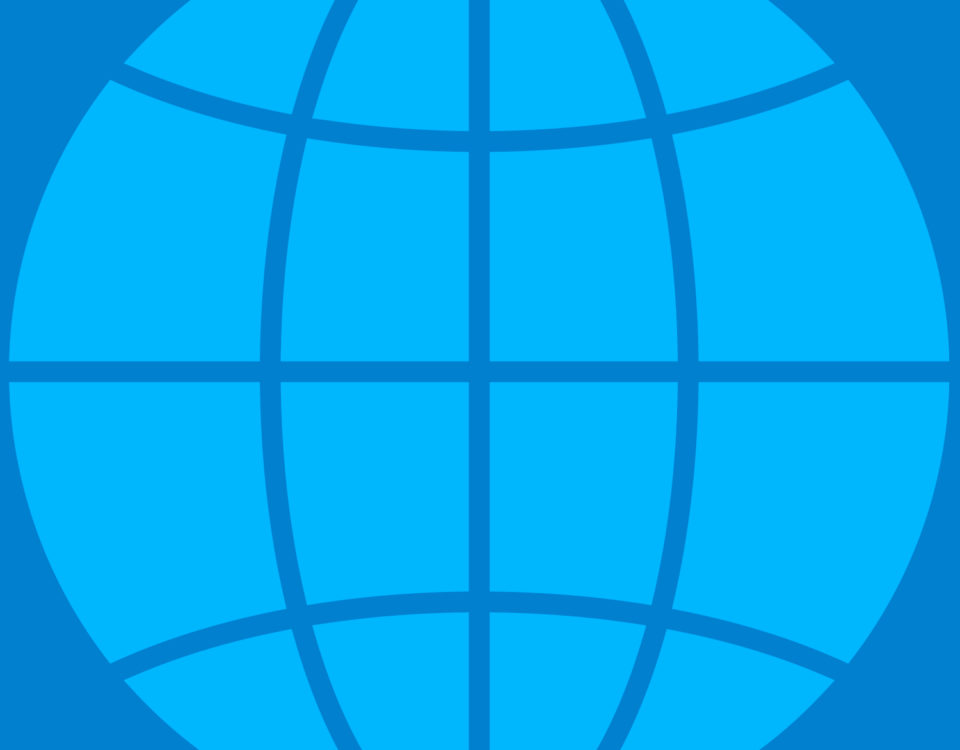IVI Director General Jerome Kim shares his thoughts on equitable access of COVID-19 vaccines with Chosun Ilbo, one of Korea’s major newspapers. He describes how international organizations like IVI take the role of fair distribution of vaccines around the world.
The Korean-language article can be found here:
http://news.chosun.com/site/data/html_dir/2020/08/16/2020081602047.html
An English translation of the article is below.
“Vaccines should be affordable for underdeveloped countries, but if they are too cheap, who is going to produce them when the next pandemic comes?”
2020-08-17 | Kim Shin young | Chosun Economy

Photo = Chosun Ilbo
“Currently, there is a lot of interest in vaccine development itself. However, before a vaccine becomes reality, the following three steps come first: vaccine development, production, and deployment. Once Phase III trials are over, and a vaccine is fully developed, the question will be if it can be produced quickly and efficiently. “
Jerome Kim, Director General of the International Vaccine Institute (IVI), first Korea-based international nonprofit organization, said in an interview with MINT on August 5 that “COVID-19 vaccine development is progressing at a speed and scale unprecedented in human history.” A recognized leader in vaccine development, Jerome Kim was inaugurated in 2015 as the third Director General of IVI, which was established as an initiative of the United Nations Development Programme (UNDP) to provide vaccines for developing countries and global health. Kim is a graduate of Yale University School of Medicine and was born to Korean American parents in the United States.
“In the search for a COVID-19 vaccine, the U.S. government alone is spending not hundreds of millions but billions of dollars per vaccine developer,” he said. “The U.S., which sees about 1,000 COVID-19 deaths per day, is pouring enormous resources into simultaneously developing a vaccine and vaccine delivery capacity.” The U.S. has already committed to buying more than 600 million vaccine doses from three vaccine makers. There is no guarantee that all of these vaccines will work, but once a successful vaccine is found, it will be available in a large quantity. Other than the U.S., the U.K. and China, among other countries, have recently announced pre-orders for vaccines as well, raising controversy over “vaccine nationalism.”. “It is the role of international organizations to ensure that vaccines are distributed fairly without richer nations monopolizing supply,” Kim said, adding, “COVID-19 is highly contagious. Preventing infection only in developed countries will not stop the virus. If we want to put an end to the pandemic, we need to supply vaccines to developing countries too.”
While Kim supports arrangements between developed and developing countries wherein vaccines are supplied at low or no cost, he is against setting the price of vaccines too low. “What happens if the company that developed a COVID-19 vaccine loses money by excessively lowering the price of it? No one will try to make a vaccine during the next pandemic. Fighting the pandemic is one thing, but we cannot ignore market logic.”




